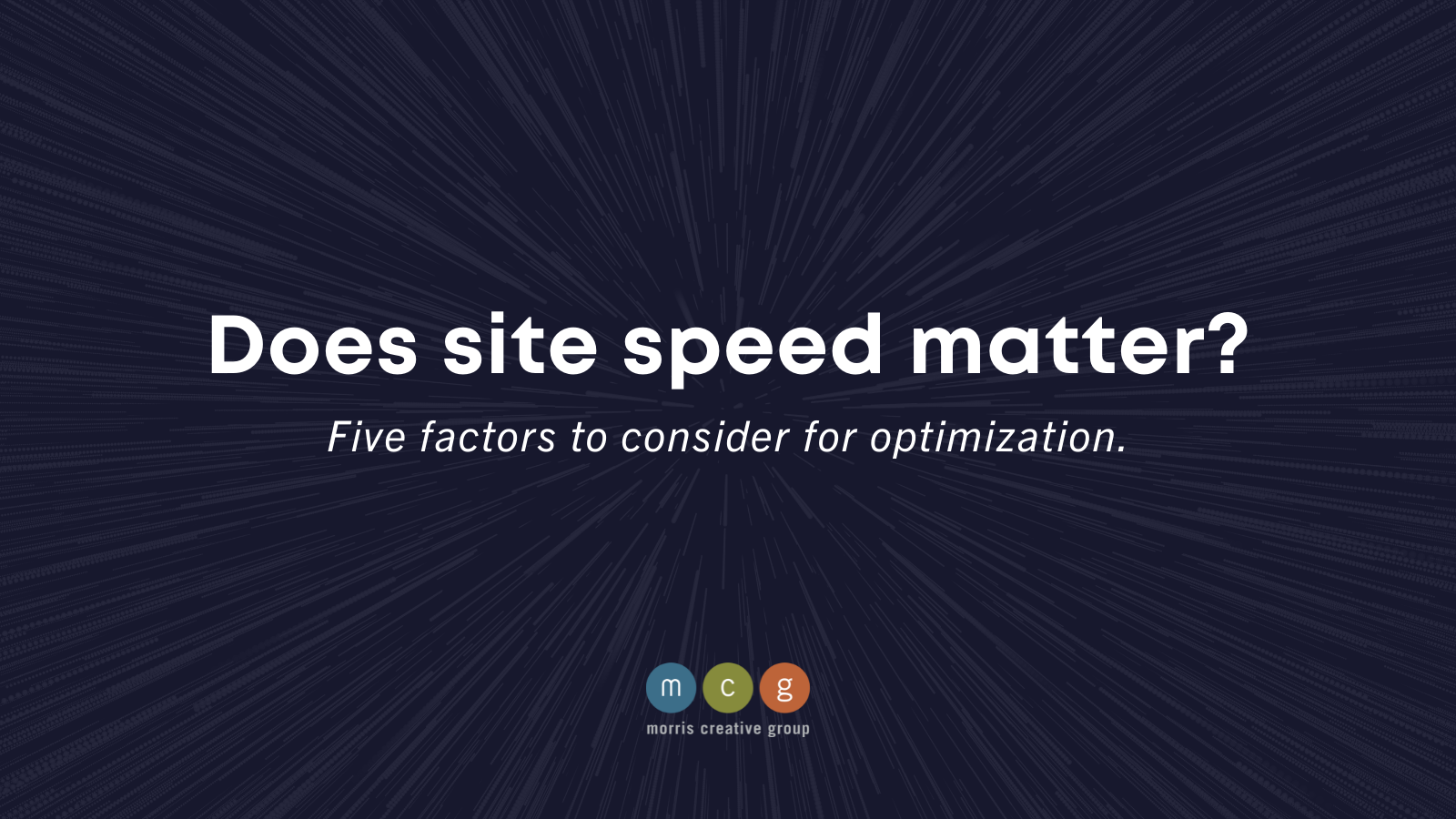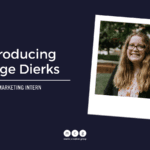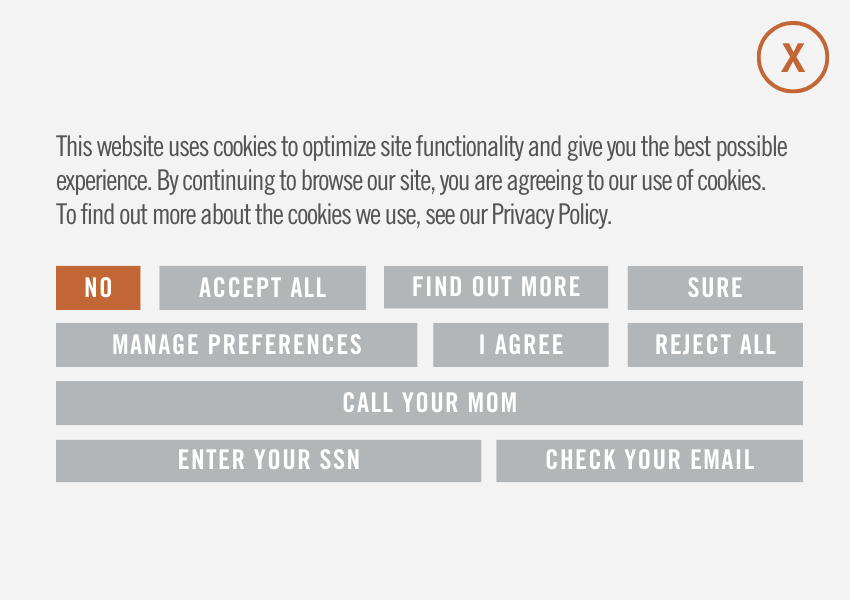Does site speed matter? How do I improve it?
In the digital age, your website is one of your most effective marketing tools. Because of this, it is pertinent to keep your website up to date and make sure it loads quickly. If a user has to waste precious seconds for your webpage to load, they’re likely to find another webpage to get what they need. What’s worse is that if a user leaves your site displeased, they’re often not to return.
But what’s one lost user? It’s just one person. Well, this effect can be even more far-reaching. This user leaving will increase your bounce rate and lower your average visit time, which are important metrics that Google uses to know if a website is relevant. In short, that one user can have a profound impact on your site’s SEO.
So, we now know that site speed is an integral factor in your search engine optimization, but what can we do to ensure that we have the best site speed possible?
Unfortunately, no matter what anyone tells you, there is no silver bullet for site speed. The expediency with which your website loads is affected by every aspect of your website. Every line of code, every image you place, and every plugin you install — they all have a unique effect on your website’s speed.
Website speed has to be foundational in your website. If the base that your site’s built upon is heavy, then the site will remain heavy no matter how light your additions are.
For the purposes of this post, I’m going to speak in terms of content management systems (CMS). The most popular CMS, by a wide margin, is WordPress. And when talking about WordPress websites, some of the most paramount speed features are your themes, page builders, images, plugins, and hosting.
Themes
WordPress defines themes as “collections of different files that work together to create what you see, as well as how your site behaves.”
Not all themes are created equally, unfortunately. A good WordPress theme will often include everything from colors, fonts, headers, footers, and even your layout. However, a good WordPress theme must also be highly performant. You could have all the flexibility in the world, but if your site takes a long time to load, no one will stick around long enough to see it.
Searching for a site theme that is highly performant and customizable, like Astra or Divi, should be your first step when creating your website. These themes include only a small amount of bloat (irrelevant code) and small page download sizes out of the box.
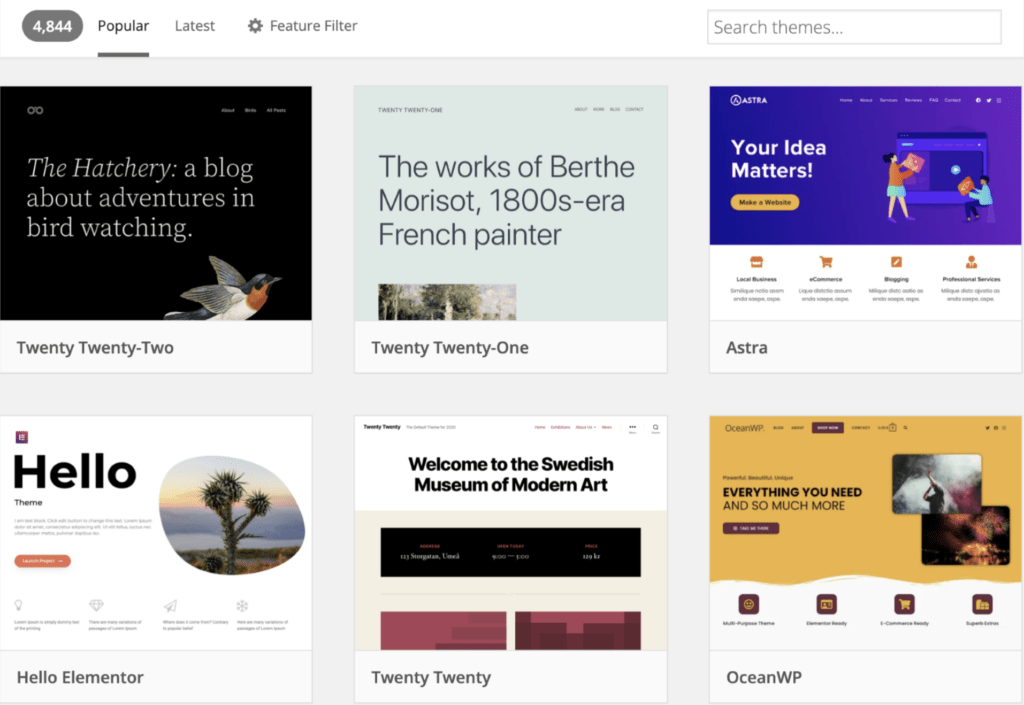

Astra does a great job of showing just how small their download sizes are in their latest blog post.
Page Builders
The barrier to entry for web development has become increasingly less daunting over the last few years. WordPress enthusiasts around the globe have developed a plethora of page builders to make it easier to create scalable websites quickly. Some of the most popular page builders include BeaverBuilder, Gutenberg, Elementor, Divi, and Visual Composer.
While page builders are indisputably incredible assets to any WordPress developer, they come with a cost to performance. They do a phenomenal job of being a catch-all for developers by ensuring that they can create any layout imaginable. However, to achieve this, they must include a lot of assets that you, as a developer, may never use. That leads to your site visitor downloading useless CSS code that they don’t need, ultimately impacting your site speed.
Downloading useless code can cost your users money and time, especially if they’re on a mobile network. That’s why you must ensure that you find a page builder that fits your needs without slowing down your website too much. A little bloat is inevitable, but you want to avoid as much as you can.
Images
The costliest additions to your website, as far as performance goes, are images. Images do a wonderful job of conveying your message visually. Simply put, your website will not succeed without images. While images have the potential to make your website more compelling, they also have the potential to make your website slower. It’s important to make sure that you’re compressing your images, and it’s also imperative to make sure that you’re sizing your image appropriately. The 4K image of your team may look great, but your site doesn’t need that level of detail. Large images inherently take longer to download, meaning they can also be very taxing on a user’s device over time.
If you, like many, already have a lot of images on your website, then you may find compressing your images daunting. Thankfully, there are plenty of plugins that seek to help your exact problem! Notable options are Smush, and Optimole.
Make sure you’re using the correct formats. WEBP, AVIF, PNG, and JPEG are all image formats, and they may produce similar results, but they’re definitely not equally performant!


You should also keep in mind that not all image formats are equally accessible. WEBP and AVIF are stronger performance-wise, but not all browsers accept them. Decide what is best for you and your users, and use that format!
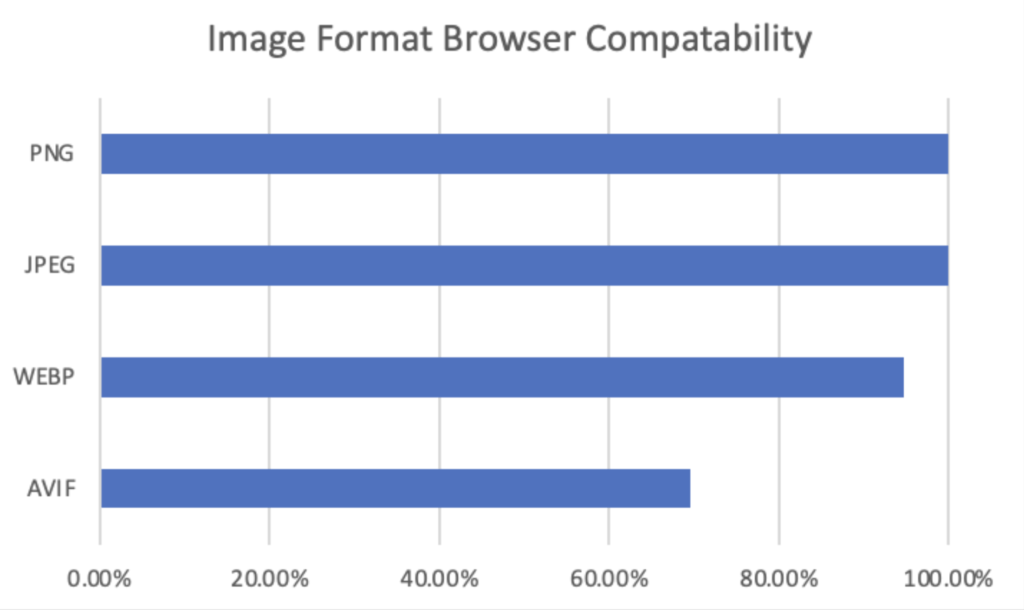

Make sure you do your research and follow best practices.
Plugins
One of the benefits of WordPress is its plugins. If you can think of a problem, there is probably a user-created plugin that can solve it. However, not all plugin creators take the time to ensure that they are developing plugins that are efficient. A plugin can have an immense impact on your site speed, so it is important to read into any plugin before you install it. You never know what kind of code they have written. It could be completely bloated, or even worse, it could be malicious.
Read reviews, look for high ratings, and even check out the support pages for the plugin that you’re researching. You never know what other people have found. Learn from them.
Hosting
It can be tempting to try out a cheap or free hosting service, but as with all things in life, you will get what you pay for. There is no free lunch! A bad web host can mean many things for you as a developer: slow loading speeds, poor support, downtime, or even complete losses of data.
Stay within your budget, of course, but try not to cheap out on your hosting. A good web host offers optimal speed, unlimited bandwidth, great storage, and even a content delivery network to speed up your site!
You can find great reviews for site hosts online and some articles that compare them directly. You have plenty of options, so don’t just stick with the first one you find.
Conclusion
The bottom line is that your site speed is extremely important. A slow site will lose visitors, rank lower in search results, and leave your content unseen. You have to build your site from the ground up (with speed in mind), or you will regret it later.
There are many things to keep in mind when reviewing your site speed. All of these factors we’ve discussed are going to affect your site in major ways, both with how it looks and how it runs. By following the information listed above, you can get most of the way there. It may seem daunting, but it is worth it. Your site visitors will thank you!
The MCG team can build you a beautiful, functional, user-friendly website that makes your business stand out. By paying attention to the user experience and interface, we’ll help convert site visitors into customers and brand evangelists. Don’t face this process alone. Get in touch to learn more about our web development and web maintenance services.




